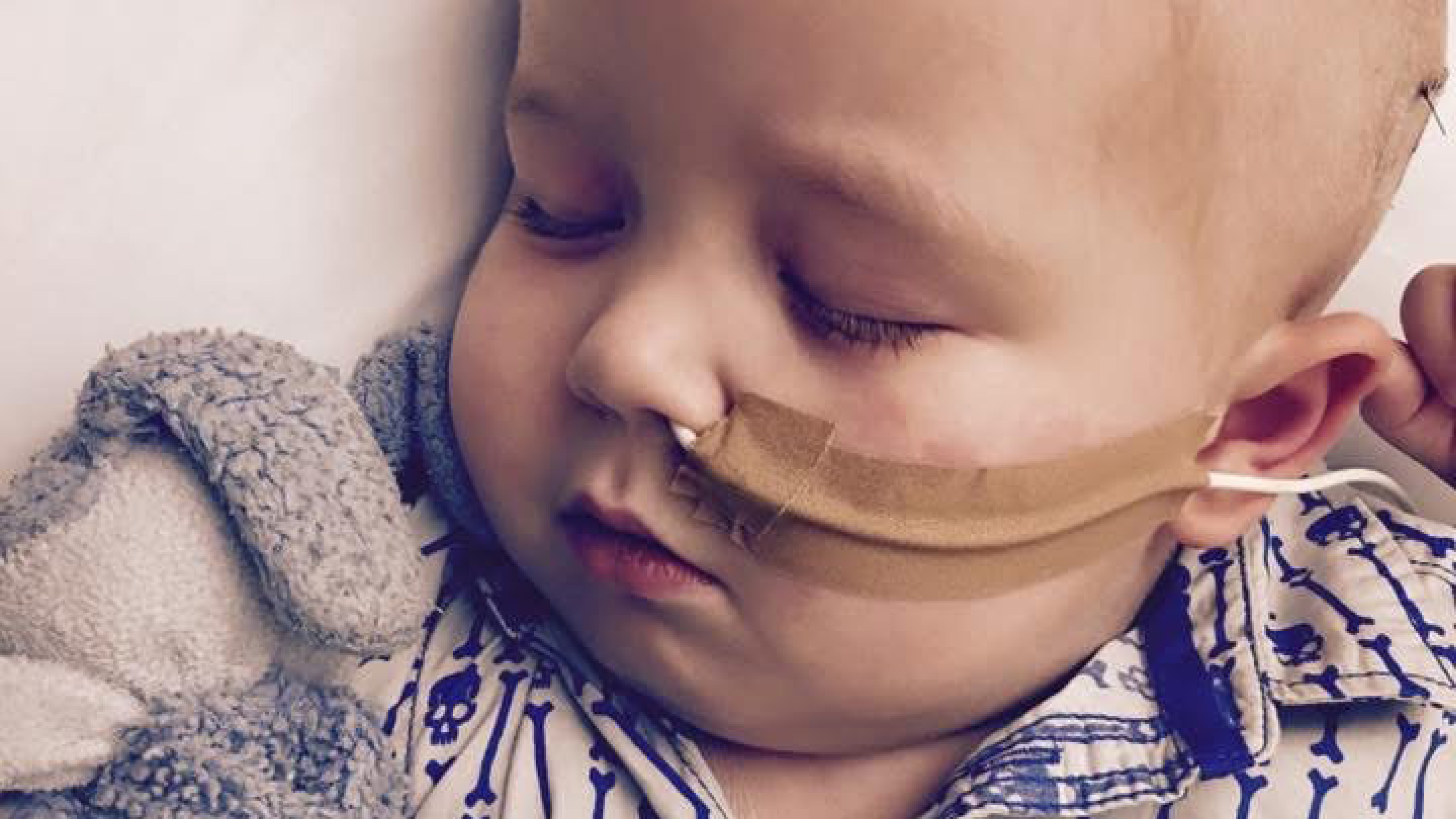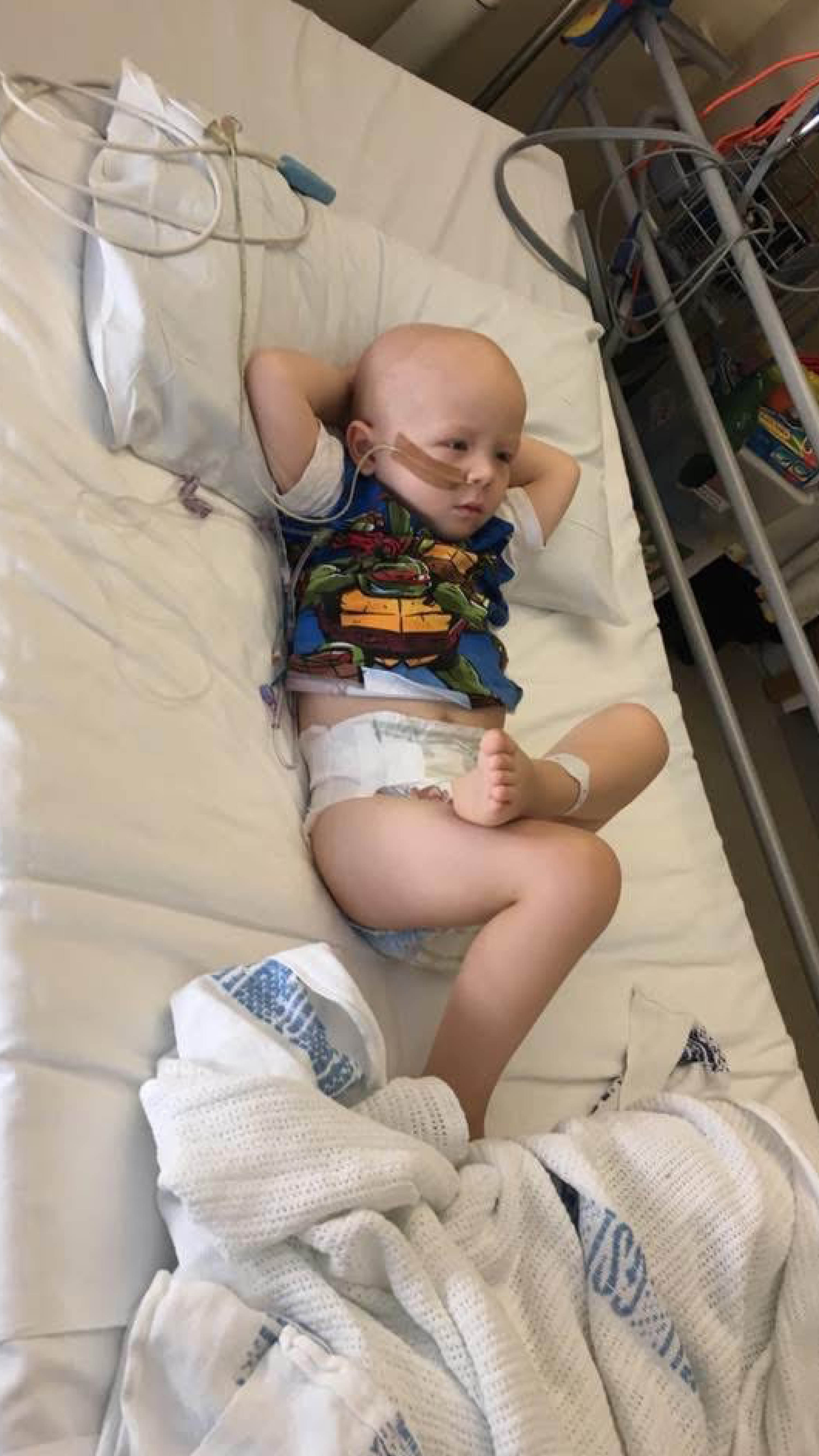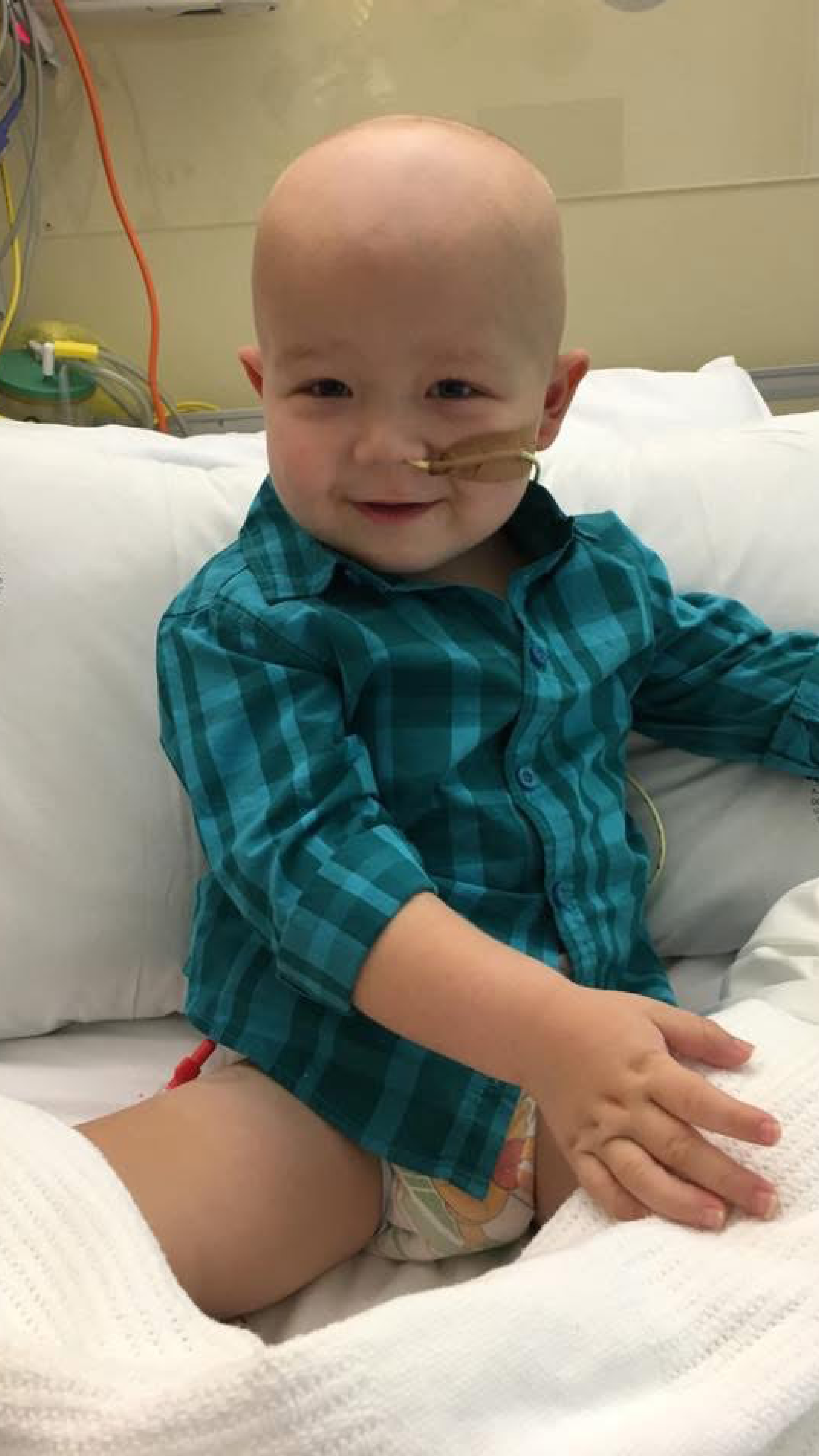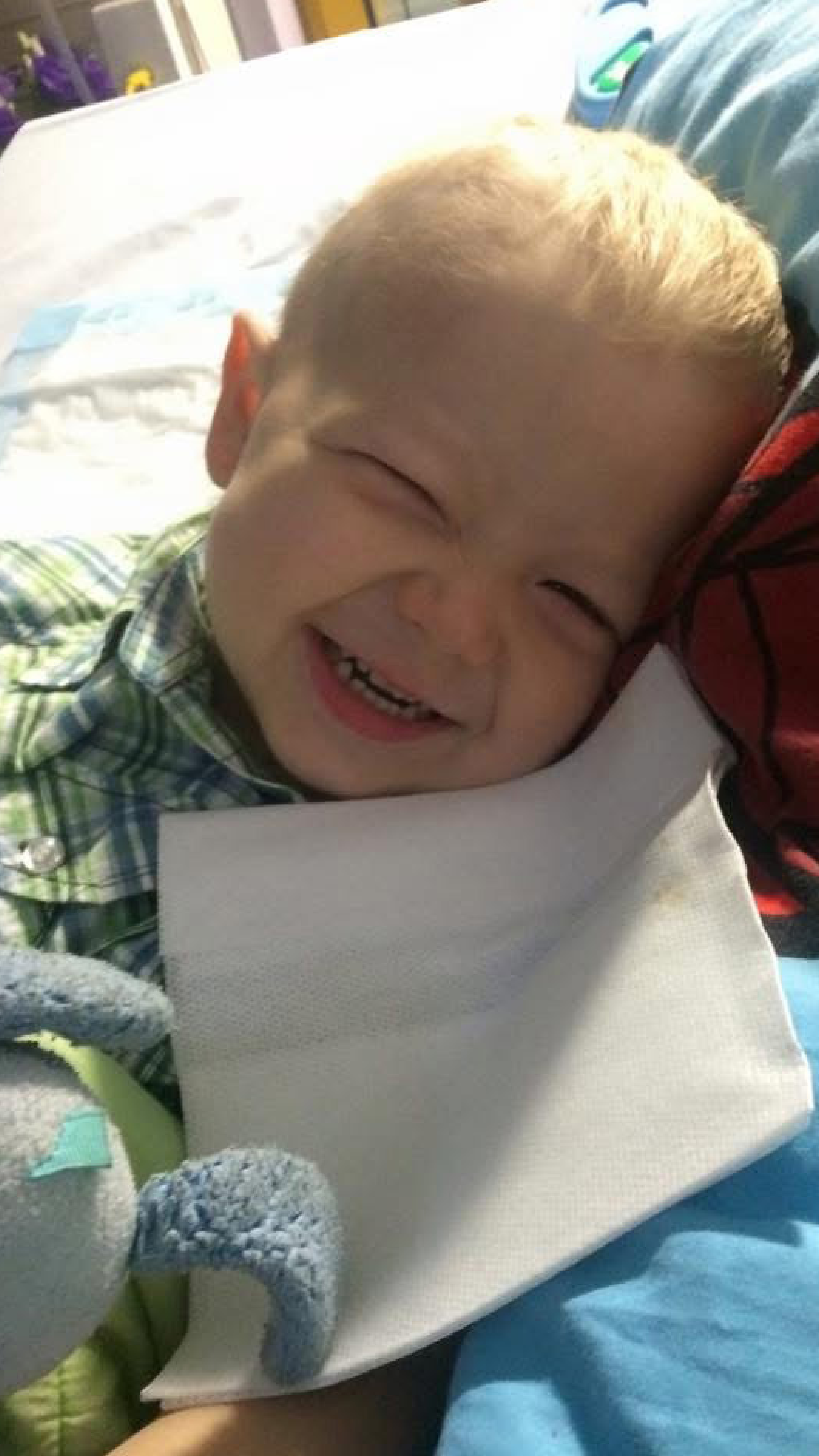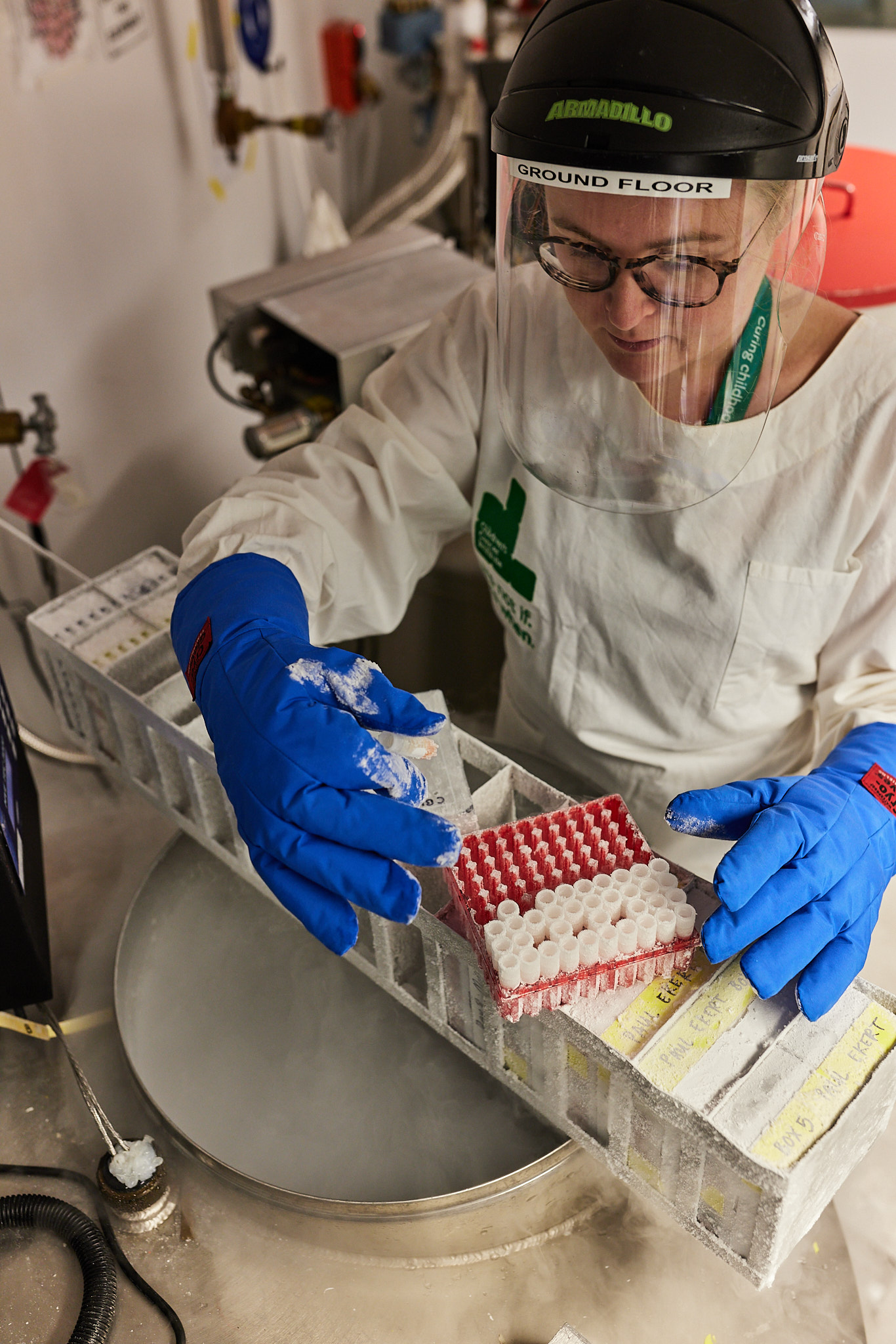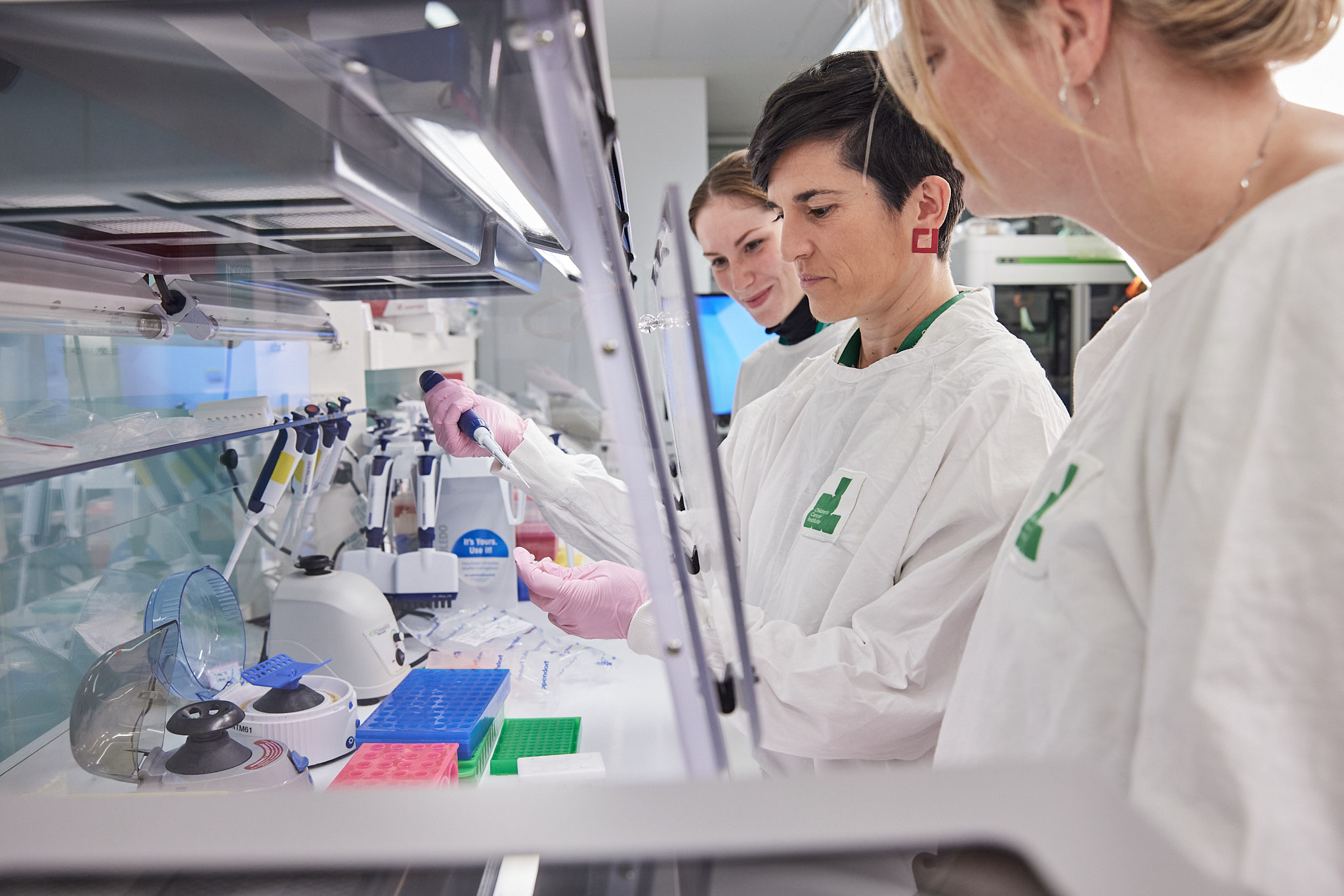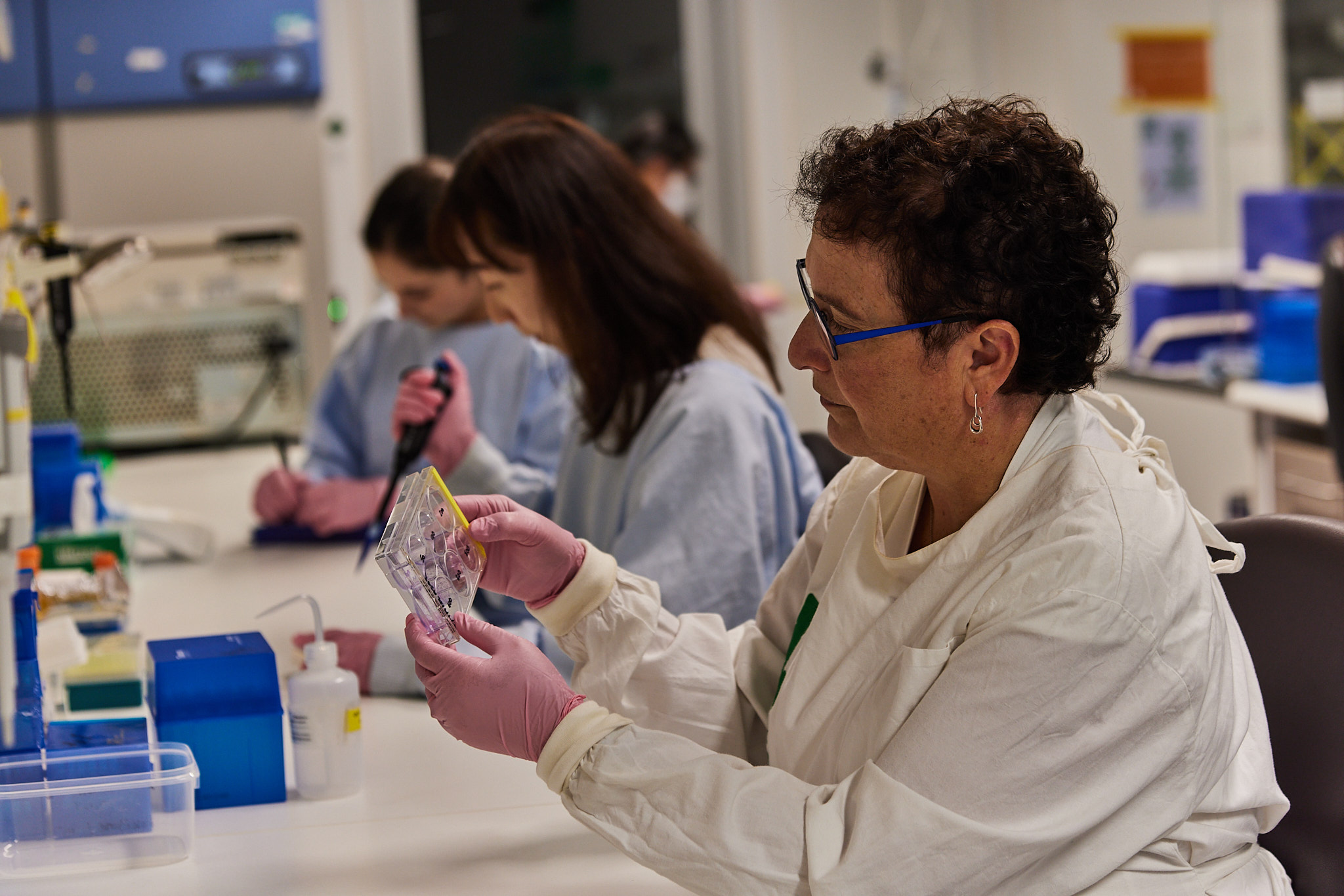
Kids like Bryson shouldn't be facing cancer at Christmas
Donate now
Bryson was just two years old when his world changed — and so did his family’s.
Bryson's mum, Tamara, was planning his third birthday when she was told that she could lose him.
A fast-growing brain tumour, the size of a tennis ball was pressing on Bryson’s brain. There was a high risk that Bryson could die.
“Two doctors walked in and closed the curtains, and I could tell by their faces something wasn’t right. That’s when our world collapsed,” Tamara said. “He was so little. I just wanted to will the tumour out of his head into my own.”
The treatment was brutal. Eventually, Bryson rang the bell — a milestone that marks the end of cancer treatment. But Tamara says, “When your child has cancer, it’s never really over.”
Today, Bryson is a beautiful, bright little boy. But the cancer — and the treatments that saved him — have caused permanent damage to his brain. He lives with challenges he’ll face for the rest of his life.
Children like Bryson are waiting for a better future. One where surviving cancer doesn’t come at such a devastating cost.
Your support can help fund safer, gentler treatments — ones that cure without leaving a lifetime of harm.
Please donate today.
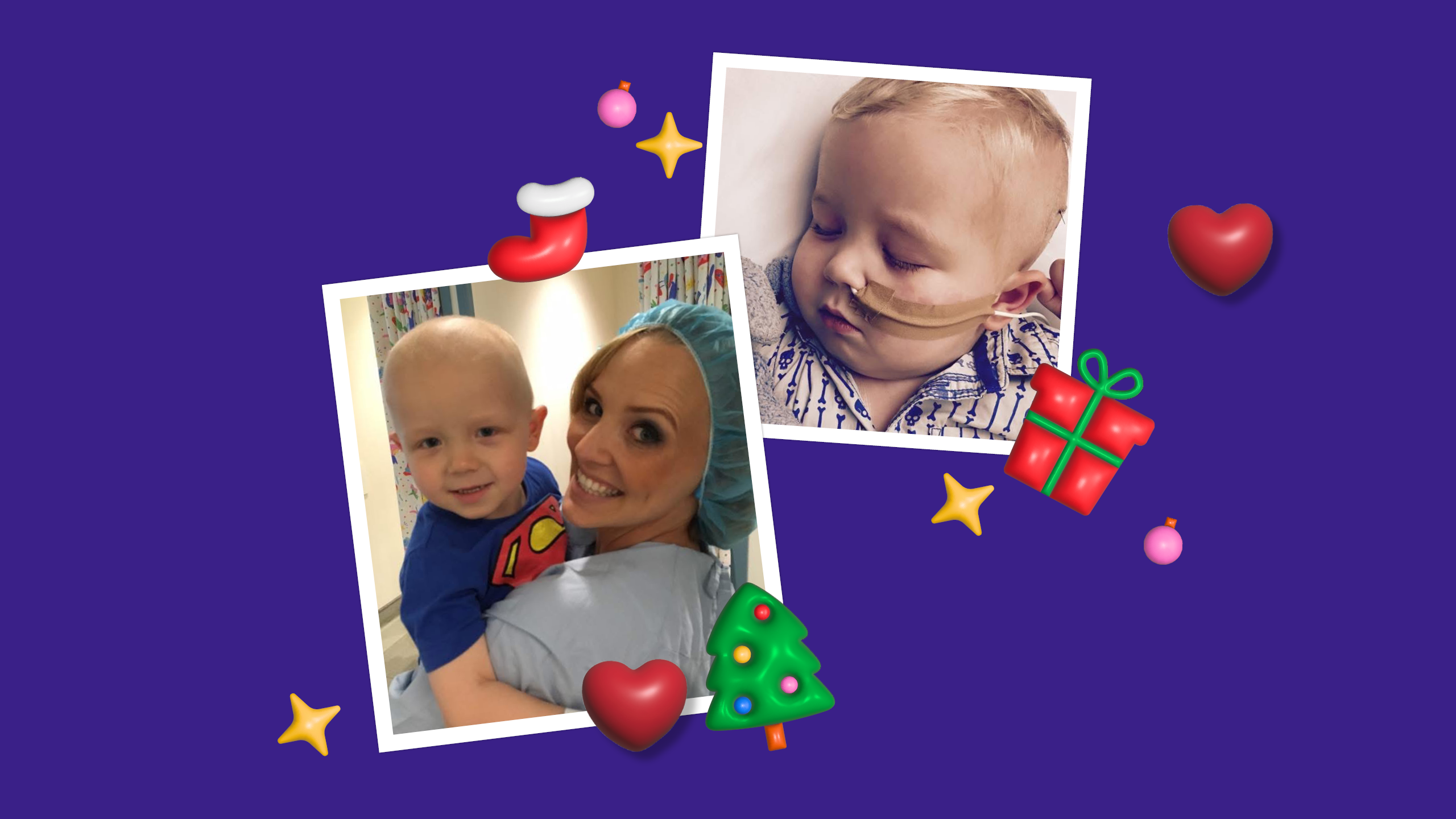
Bryson's Story, a gorgeous cheeky and vibrant 2 year old facing the realities of cancer
How can ACCEPT create a better future?
Over the past 30 years, medical advances have helped many more children survive cancer. Yet treatments are still invasive and traumatic. Children still die. And many children still aren’t benefiting from new therapies, like immunotherapy.
ACCEPT – the ACRF Childhood Cancer Early Detection, Prevention and Treatment Program – unites brilliant researchers and clinicians with one goal: saving children’s lives.
By combining cutting-edge lab science with real-time clinical insights, ACCEPT can confront the biggest challenges in childhood cancer.
ACCEPT aims to:
- Better understand a child’s cancer risk so we can catch and stop their cancer earlier.
- Establish advanced model systems, allowing scientists to safely and rapidly test new treatments for rare childhood cancers.
- Develop drugs for previously ‘undruggable’ cancers unlocking lifesaving new treatment options.
“ACCEPT’s research will lead to faster discoveries and more successful treatments for children. But we are utterly reliant on technology to make it happen.”
